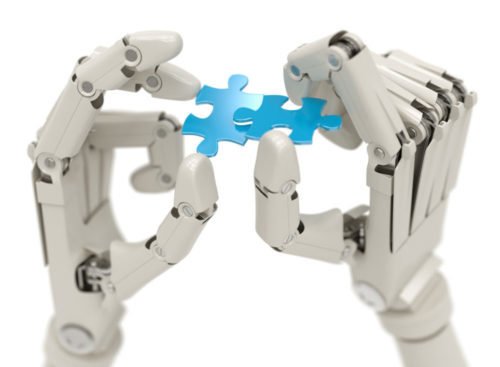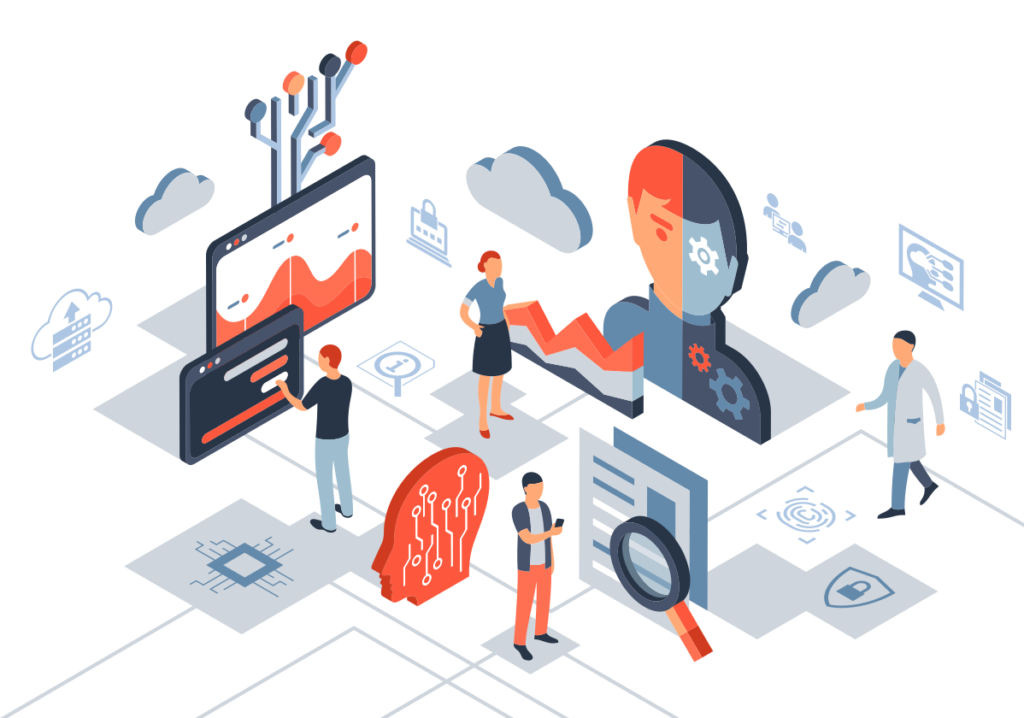Saumya BeheraDownload Article
Artificial Intelligence is now a part of our normal lives. We are surrounded by this technology from automatic parking systems, smart sensors for taking spectacular photos, and personal assistance. Similarly, Artificial Intelligence in education is being felt, and the traditional methods are changing drastically. The academic world is becoming more convenient and personalized thanks to the numerous applications of AI for education. This has changed the way people learn since educational materials are becoming accessible to all through smart devices and computers. Today, students don’t need to attend physical classes to study as long as they have computers and internet connection. Now is the time to discuss the transformations brought by AI in education.
- More Personalized Learning Experience
When AI is introduced, teachers are not necessarily replaced, but they are in a position to perform much better by offering personalized recommendations to each pupil. AI customizes in-class assignments as well as final exams, ensuring that students get the best possible assistance. Top online learning platforms are using these cutting-edge technologies to gauge each user on their skillsets, capabilities, and interests before making the most contextual course recommendations. This tech-led intervention enables online learning platforms to act as guides and advisors to a candidate’s upskilling/reskilling journey and helps job seekers accelerate their career growth and access much better professional opportunities by gaining relevant, in-demand skills.
- Global Learning
Education has no limits, and AI can help to eliminate boundaries. Technology brings drastic transitions by facilitating the learning of any course from anywhere across the globe and at any time. With more inventions, there will be a wider range of courses available online and with the help of AI, students will be learning from wherever they are.
- New Efficiencies
AI can also be used in the modeling of complex data to enable the operations department to create data-driven forecasts. This, in turn, allows proper planning for the future, for example assigning seats during school functions or ordering food from local cafeterias. Speaking of which, schools can avoid a lot of wastages caused by over-ordering thereby saving costs. Probably one of the most revolutionary parts of AI in education will be its ability to improve weaknesses in the classroom. Rather than having to wait for the results of exams to see how students are doing, AI will allow teachers to see how students are learning throughout the lessons. Teachers will be able to monitor progress easier and more regularly. Also, AI will recognize when a lesson needs to be retaught, such as when a majority of students do not master a certain skill or miss a type of question.
- It could change the role of teachers
There will always be a role for teachers in education, but what that role is and what it entails may change due to new technology in the form of intelligent computing systems. In most cases, however, AI will shift the role of the teacher to that of a facilitator. Teachers too would be able to monitor and analyze the continuous progress in real-time, based on student’s progress, without the need to wait for Unit/Annual exams. AI will also be able to send recommendations to teachers, as to which specific chapter needs to be reemphasized or retaught, in case it’s smart analytics engine concludes that majority of students did not contemplate or master certain key areas of a concept, or missed important questions.AI-based devices can be designed to save a teacher’s time by doing some of the routine tasks of a teacher, such as taking attendance, presenting study material on connected display screens as per the instructional schedule and helping teachers navigate through the displayed content with ease.
- Simplifying Administrative Tasks
AI can automate the expedition of administrative duties for teachers and academic institutions. Educators spend a lot of time on grading exams, assessing homework, and providing valuable responses to their students. But technology can be used to automate the grading tasks where multiple tests are involved. This means that professors would have more time with their students rather than spending long hours grading them.
- Smart Content
 The concept of smart content is a hot topic now as robots can create digital content with the same degree of grammatical prowess as their human counterparts, and this technology has finally reached the classroom. Smart content also includes virtual content like video conferencing, video lectures. AI systems are using traditional syllabuses to create customized textbooks for certain subjects. As a result, textbooks are being digitized, and new learning interfaces are being created to help students of all academic grades and ages. Virtual content such as digital lectures and video conferences are also a reality now thanks to AI.
The concept of smart content is a hot topic now as robots can create digital content with the same degree of grammatical prowess as their human counterparts, and this technology has finally reached the classroom. Smart content also includes virtual content like video conferencing, video lectures. AI systems are using traditional syllabuses to create customized textbooks for certain subjects. As a result, textbooks are being digitized, and new learning interfaces are being created to help students of all academic grades and ages. Virtual content such as digital lectures and video conferences are also a reality now thanks to AI.
- Data powered by AI can change how schools find, teach, and support students.
Data mining systems are already playing an integral role in today’s higher-ed landscape, but artificial intelligence could further alter higher education. Initiatives are already underway at some schools to offer students AI-guided training that can ease the transition between college and high school. Who knows but that the college selection process may end up a lot like Amazon or Netflix, with a system that recommends the best schools and programs for student interests. For instance, new age edtech platform like Toppr is helping its users to clear their doubts 24×7.

Data powered by AI can change how schools find, teach, and support students
A study published by eSchool News indicates that by 2021, the application of AI in education and learning will be increased by 47.5%.In a report by Google and KPMG, the online education industry in India is poised to grow eight times to become a $1.96 billion industry by 2021 as an increasing number of students consume content through e-routes. Artificial Intelligence might inform the students how their career paths look like depending on their goals thus assisting them beyond academics. Only time can tell the ultimate impact of AI in the education industry.










